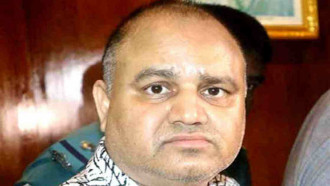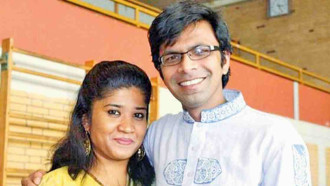Crimes Kamaruzzaman hanged for

War crimes convict Jamaat-e-Islami leader Muhammad Kamaruzzaman, hanged on Saturday for his crimes against humanity during 1971 Independence War, was found guilty in five war crimes charges, out of seven, and was given death sentence in two of them by the International Crimes Tribunal-2.
On 9 May 2013, ICT-2 sentenced Kamaruzzaman to death in Shohagpur mass-killing incident and in the killing of freedom fighter Golam Mostafa.
According to charge-3, Kamaruzzaman advised members of Al-Badr and Razakar forces in association with Pakistani troops on 25 July 1971 to commit a large-scale massacre in Sohagpur village of Nalitabari upazila in Sherpur. The collaborators also raped many women.
Almost 160 male people were killed that day. After the mass killing of male people, the village came to be known as ‘Bidhoba Palli’, a place of widows.
Later, Kamaruzzaman appealed against the verdict demanding acquittal from the charges.
On 3 November 2014, a four-member bench headed by Justice Surendra Kumar Sinha partially accepted his appeal. His punishment was commuted to life imprisonment for killing Golam Mostafa. But the Appellate Division upheld the death sentence for the massacre in Shohagpur.
The full copy of the verdict was published on 18 February this year. On 19 February the death warrant was sent to jail.
A review petition was filed with the Appellete Division on behalf of Kamaruzzaman on 5 April. After the court rejected the review petition on 6 April, the proceedings started to execute Kamaruzzaman.

 NTV Online
NTV Online




